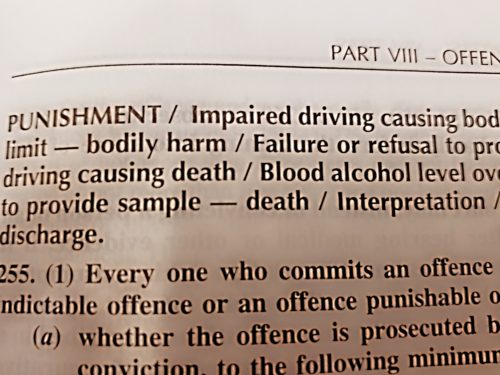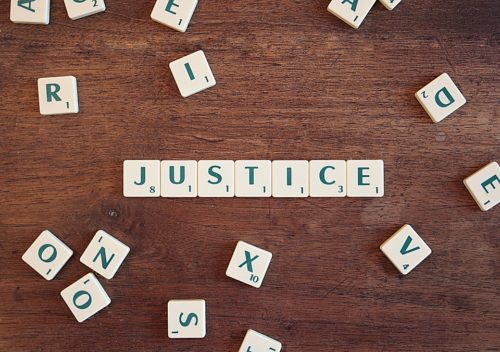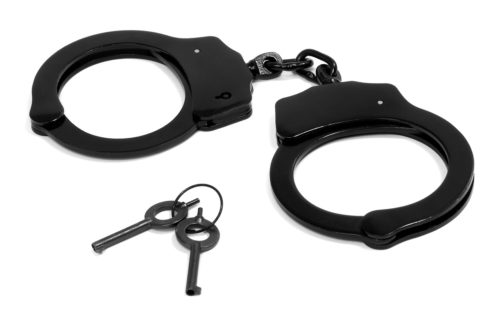
Plea bargains are a common practice in the Canadian criminal justice system, and they play a significant role in resolving criminal cases without going to trial. In this article, we will explore the concept of plea bargains, their pros and cons, and their implications in the Canadian legal system. Whether […]
Read more ›
In Canada, the process of determining an appropriate sentence for a convicted offender involves careful consideration of various factors, including aggravating and mitigating factors. These factors are critical in shaping the outcome of a sentencing decision, and it is essential to understand how they are assessed and applied within the […]
Read more ›

After the legalization of marijuana in Canada, amendments were made to the Criminal Code to reflect the changing nature of impaired driving offences. While the amendments included both minor and significant changes to impaired driving laws, one area of significant change was the sentencing regime and impaired driving penalties. The […]
Read more ›
The rule in Kienapple prevents multiple convictions for the same criminal act. It is based on the legal maxim “nemo bis vexari as well as nemo bis puniri”, which means “no-one shall be tried or punished twice in regards to the same event.” In instances where an accused is convicted […]
Read more ›
When a person is convicted at trial or enters a guilty plea, he or she will receive one of the following sentences: discharge – absolute or conditional suspended sentence fine alone fine and probation conditional sentence order prison prison and probation intermittent sentence intermittent sentence and probation The sentence an […]
Read more ›
The Winnipeg Mental Health Court is one of three problem solving courts in Manitoba, which include the Winnipeg Drug Treatment Court and the Thompson Domestic Violence Court. The idea is similar to that of the Winnipeg Drug Treatment Court, except with the focus on mental health instead of addictions, though […]
Read more ›
All to often the Manitoba criminal law courts are filled with stories of tragedy. It’s the nature of the criminal justice system. A system that involves victims and offenders. Every once in a while, those privileged to participate in the justice system are blessed with different kinds of stories. Stories […]
Read more ›
Sometimes in our law courts, accused individuals enter guilty pleas then later wish to have the guilty plea withdrawn. A guilty plea is a formal admission of guilt. When an accused enters a guilty plea they are waiving their right to require the Crown to prove the offence beyond a […]
Read more ›
If you’ve watched popular TV shows like The Wire or Breaking Bad, you may have an idea of what drug trafficking entails. However, Canadian law has its own definition of drug trafficking, which encompasses more than just selling drugs for profit. According to Section 2(1) of The Controlled Drugs and […]
Read more ›- 1
- 2
